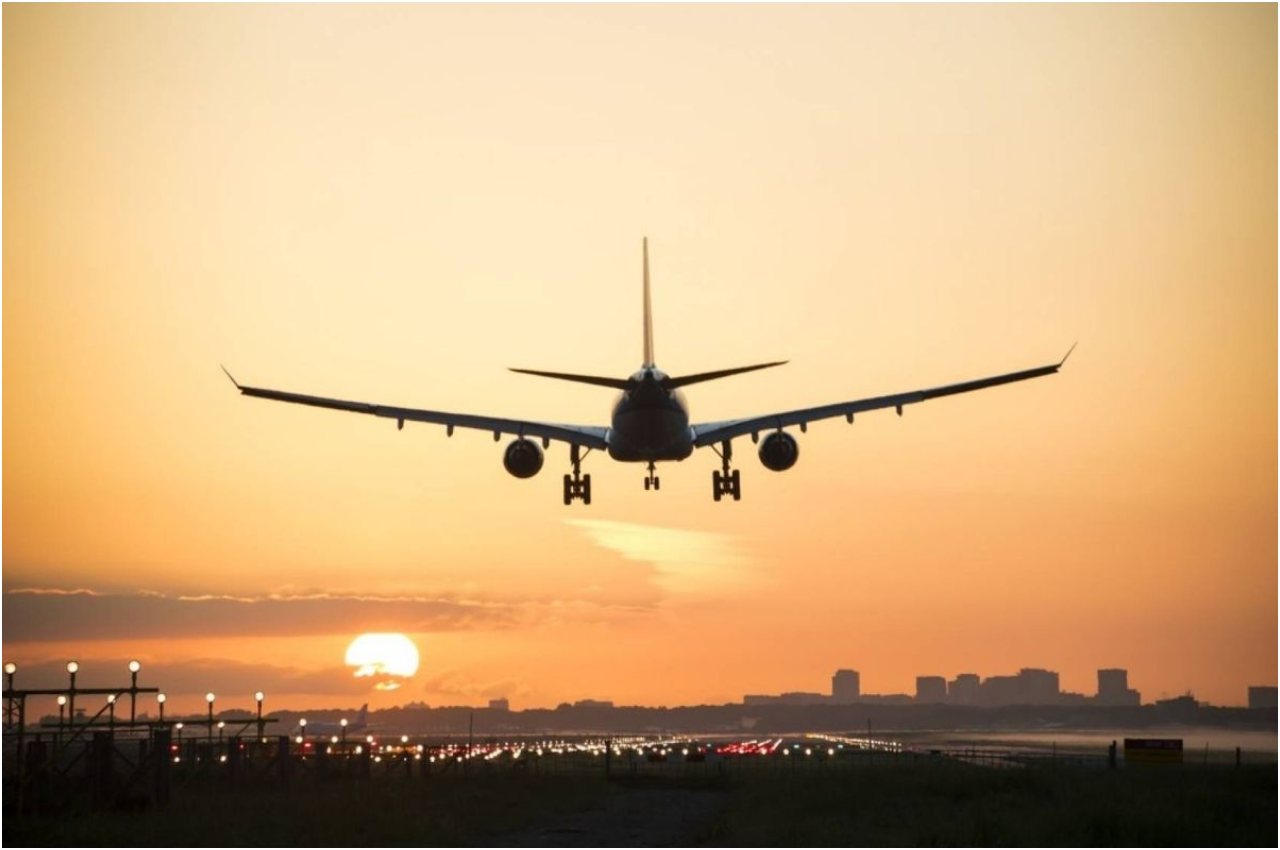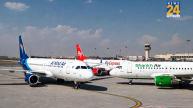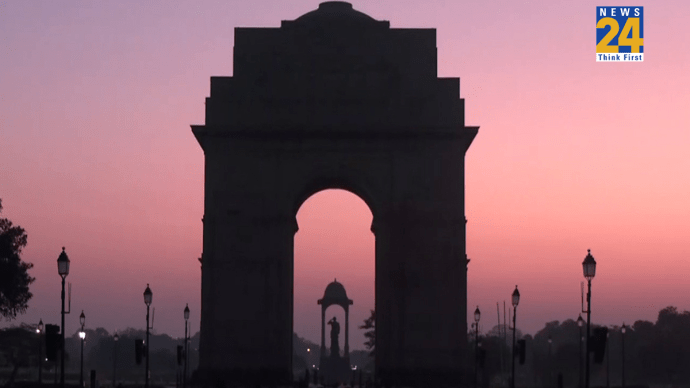New Delhi: Airlines will be obliged to provide passenger PNR information with customs authorities 24 hours before overseas flights depart, preventing lawbreakers from exiting the country.
According to a statement from the finance ministry, the customs agency would utilise the data, which must contain name, contact information, and payment information, to better surveillance and risk assessment of travellers entering or departing the nation.
The “Passenger Name Record Information Regulations, 2022” were announced by the Central Board of Indirect Taxes and Customs (CBIC), a division of the finance ministry, on August 8. These regulations aim to “risk analyse” passengers in order to stop economic and other criminals from leaving the country and to monitor any illegal trade, such as smuggling.
According to the CBIC, “The National Customs Targeting Center-Passenger” would process data for law enforcement agencies, government departments, and any other countries as well as for the prevention, detection, investigation, and punishment of offences under the Customs Act.
With this, India joins the other 60 nations that get PNR information from travellers from other countries.
Currently, just the name, nationality, and passport information of passengers are required to be shared in advance with immigration officials by airlines.
In the Union Budget for 2017, the government suggested that airlines share PNR information about passengers 24 hours in advance, but a legal framework for doing so has only just been established with the notification released on Monday.
“Every aircraft operator shall transfer the passenger name record information… of passengers they have already collected such information in the normal course of business operations, to the designated customs systems,” the regulations said, adding every aircraft operator will have to seek registration with customs for its implementation.
The name of the passenger, billing/payment information (credit card number), date of issue of the ticket as well as intended travel, names of other passengers in the same PNR, travel itinerary for the PNR, contact information like email id, mobile number, information about the travel agency, baggage information, and code share information (when one airline sells seats on another). This information must be shared by airline companies for both inbound and outbound international flights.
Although the rule did not specify why such information was being sought, commentators claimed that this was done to stop bank loan defaulters from leaving the nation to avoid being prosecuted.
A total of 38 economic offenders, including Nirav Modi, Vijay Mallya, and Mehul Choksi, fled the country in the previous five years, according to evidence provided by the government before Parliament. In order to recover Rs 9,000 crore in outstanding debts to his now-defunct Kingfisher Airlines, industrialist and former MP Vijay Mallya departed the country on March 2, 2016, the same day several public sector banks filed a debt recovery lawsuit with the Debt Recovery Tribunal.
Mehul Choksi, one of the main suspects in the alleged over Rs 13,000 crore PNB loan fraud case, too eluded capture by the ED and CBI and escaped to Antigua & Barbuda.
“Every aircraft operator shall transfer passenger name record information not later than 24 hours before the departure time; or at the departure time – wheels off,” the regulation said, adding the information would be retained in the customs systems for up to five years.
It also stated that the aircraft operators would be required to pay a fine of between Rs 25,000 and Rs 50,000 for each violation of these restrictions.
In terms of information sharing with other law enforcement organisations or other states, the regulation said that the National Customs Targeting Centre-Passenger may do so on a “case-by-case basis” with other law enforcement organisations or Indian or foreign government departments.
The goal of the aforementioned regulations, according to Abhishek Jain, Partner, Indirect Tax at KPMG India, is to gather pertinent passenger data for risk analysis in order to proactively prevent, detect, investigate, and/or prosecute violations of the customs law or any other domestic or international law.
“The onus of timely collecting and sharing such information has been put on the airline operators. Further, while strict privacy guidelines have been stipulated under the said regulations, the government should ensure that the same are duly enforced to prevent unauthorised usage,” Jain added.













